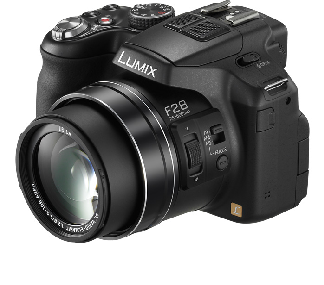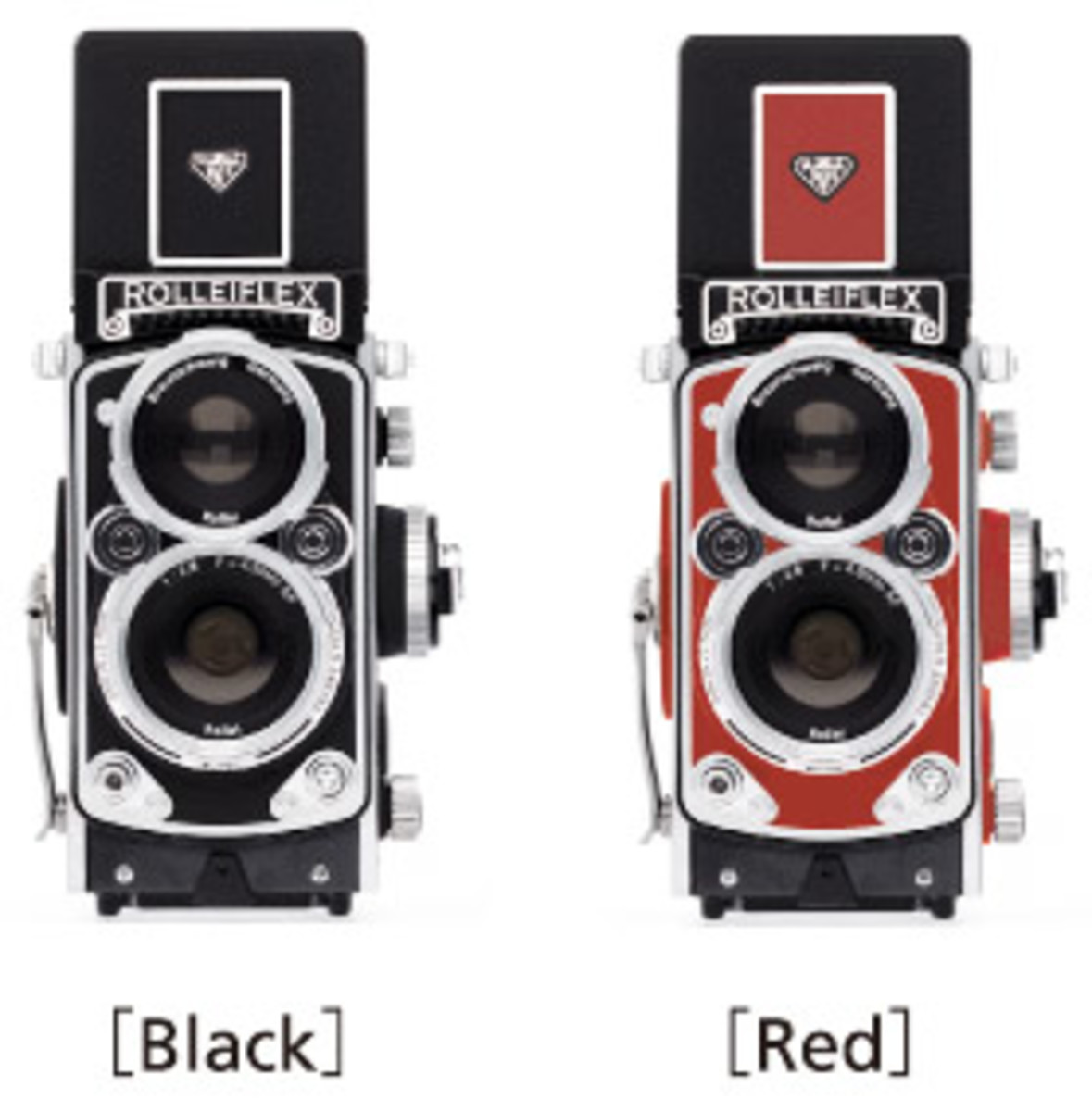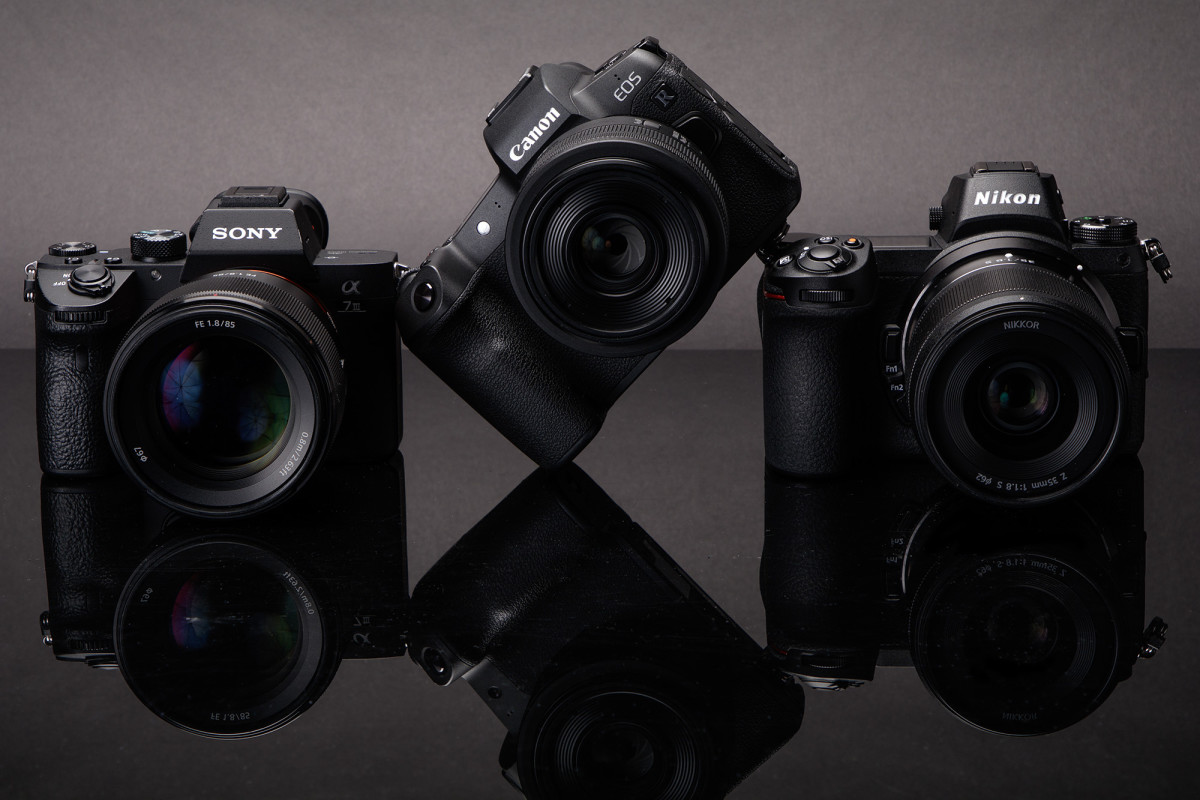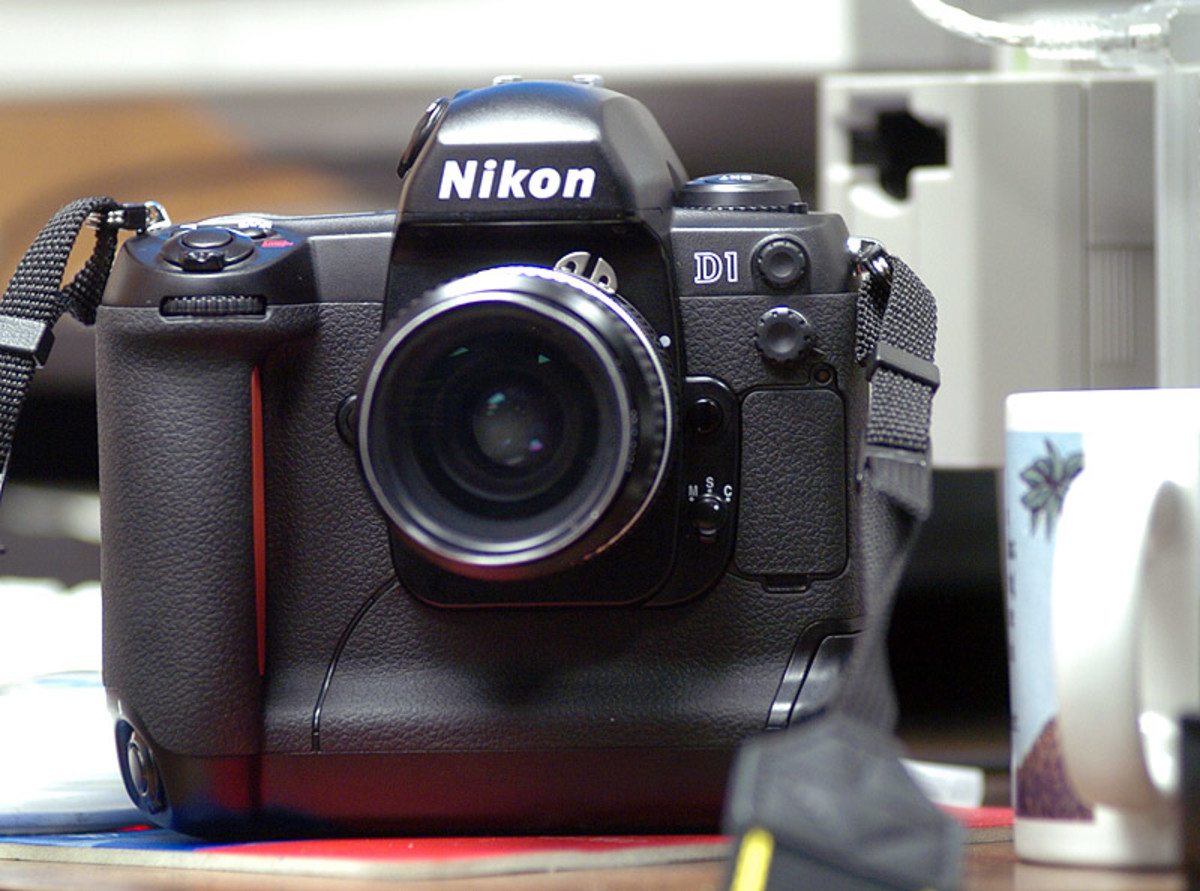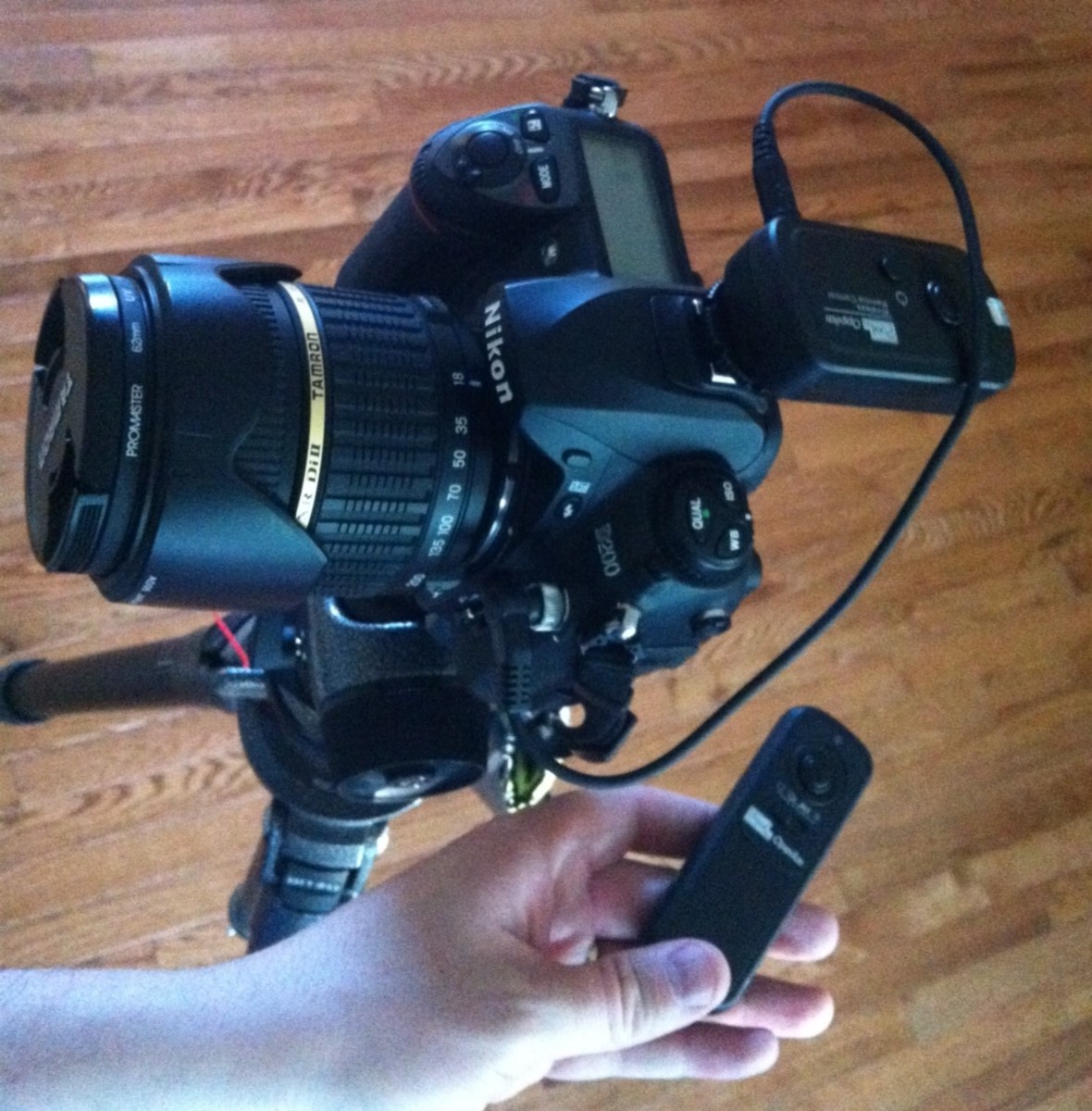- HubPages»
- Technology»
- Consumer Electronics & Personal Gadgets»
- Portable Electronics
The Best Compact Superzoom Camera 2013: Panasonic DMC-FZ200
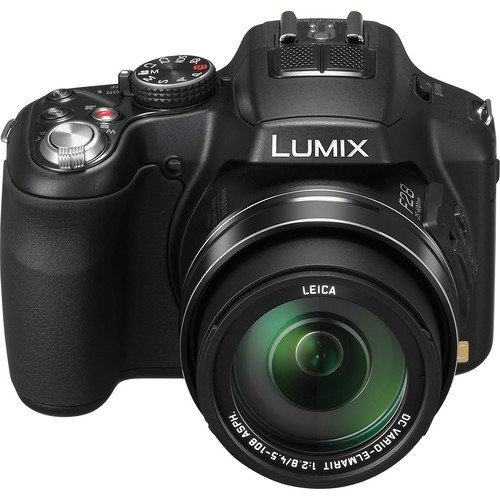
Panasonic Beats Out Bigger Names Like Canon
When it comes to cameras, Canon is the world's leading manufacturer, controlling nearly 20 percent of all market share. But when it comes to compact superzoom cameras, Panasonic has them beat.
The new Panasonic Lumix DMC-FZ200 is arguably the best superzoom on the market in 2013. CNET called it "the megazoom that has it all" and another camera review site said it's "darn close to perfect." I have to agree with them. I'm a diehard Canon fan and have preferred Canon for more than 30 years, but when I went shopping for a superzoom, I chose the Panasonic. Here's why.
Sample Photo from the Panasonic Superzoom Camera

How Close Can You Get with a 24x Zoom Lens?


Why The Longest Zoom Isn't Necessarily the Best Zoom
Most people buy a superzoom camera for one reason - they want to get closer to the action.
Many of the most popular compact models on the market have an optical zoom range of 5x or less, but today's superzooms can get you up to 10 times closer to the action. But getting closer isn't the only feature to consider.
The question you should ask before purchasing a compact superzoom is, "What am I going to use this camera for?" If you only plan to take photos in bright sunlight of stationary objects or people standing still to pose for the camera, and you simply want something to help you get closer, you could probably choose just about any camera on the market and get good results.
But if you want a camera to take close-up photos from the sidelines while your kids play soccer or while you enjoy a professional sports game, or if you're planning to capture photos of birds in your backyard or wild animals on a safari, there's something more important to consider - speed. You're going to need a fast shutter speed to capture these moving images without blur. And that's where most superzooms fail.
With a typical zoom lens, the closer you zoom in, the less light passes through to the sensor. That means the camera must use a slower shutter speed to make sure the photos aren't too dark. If you're already shooting in low light (such as early morning or late afternoon) or your subject is moving fast, this could mean your photo won't be exposed properly. It will likely be blurry or too dark.
Professional photographers avoid this problem by using lenses that allow them to shoot with the same shutter speed and f-stop across the entire zoom range. But these professional lenses come with a hefty price tag. For instance, a new Canon 70 -200mm f/2.8 lens currently sells for over $2000. If you want a 400mm Nikon f/2.8 lens, it'll cost you about $10,000.
A compact superzoom camera is obviously a much more affordable option. But most of them don't offer the ability to maintain the widest aperture at the longest zoom. What makes the Panasonic Lumix DMC-FZ200 the best compact superzoom camera in 2013 is that it's currently the only superzoom that allows you to shoot at the same f/2.8 aperture across the entire zoom range, just like the professional lenses do.
More Amazing Superzoom Compact Cameras
The Panasonic Lumix DMC-FZ200 vs. Other Superzoom Compact Cameras
The DMC-FZ200 is unique among the current crop of compact consumer-level superzoom cameras. For about $500, the Panasonic offers an amazing 24x Leica DC VARIO-ELMARIT optical zoom lens (25-600mm equivalent) with f/2.8 aperture across the entire zoom range.
The 12.1 MP camera also offers 1080p HD video, 5.5 fps continuous shooting mode, a 100% field-of-vision tilt LCD, and plenty of special features, including creative effects such as Toy Effect and Star Filter, Panorama Shot, and 3D images.
There are, of course, other superzoom compact cameras on the market with a longer zoom range. The Canon Powershot SX50 currently holds the title, with an impressive 50x optical zoom (24 - 1200mm equivalent), but it has a slower f/3.4 - f/6.5 aperture range. The Nikon Coolpix P510 comes in close behind with a 42x optical zoom (24-1000mm equivalent) and f/3.0 - f/5.9 aperture range.
For sheer distance, these cameras easily outrank the Panasonic, but if you're looking for the most versatile, fastest superzoom compact camera on the market, the Panasonic Lumix DMC-FZ200 can't be beat.
